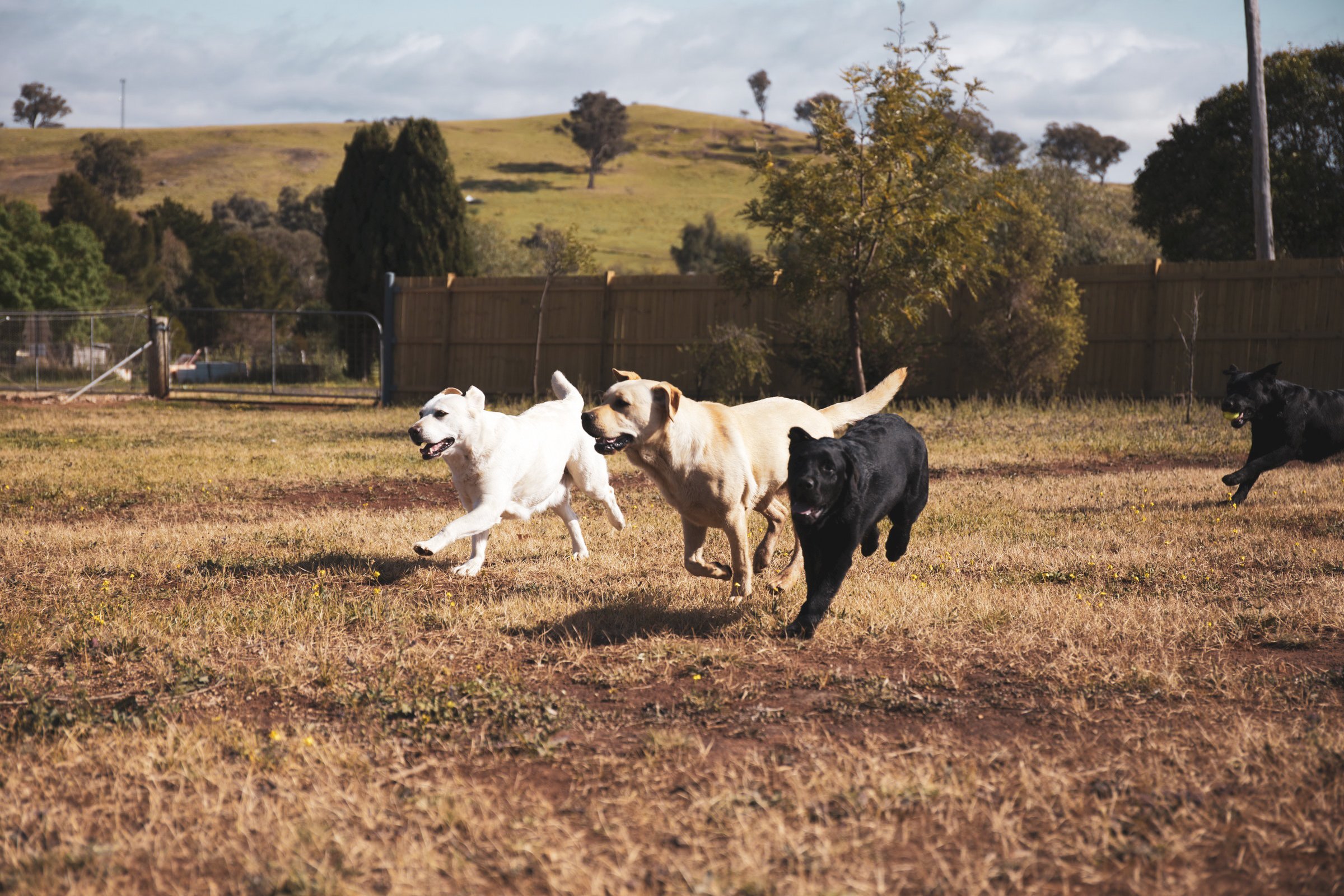
COMMONLY ASKED QUESTIONS ABOUT AD’S IN AUSTRALIA
-
Assistance Dog Law in Australia
The DDA is The Disability Discrimination Act 1992. Pertaining to AD’s
Assistance Dogs in Australia and members who utilise them are protected under the Federal (Commonwealth) Disability Discrimination Act 1992 (DDA, 1992). An Assistance Dog is defined under this act as:
9 (2) For the purposes of this Act, an assistance animal is a dog or other animal:
– accredited under a law of a State or Territory that provides for the accreditation of animals trained to assist a person with a disability to alleviate the effect of the disability;
– accredited by an animal training organisation prescribed by the regulations for the purposes of this paragraph;
– trained: to assist a person with a disability to alleviate the effect of the disability; and to meet standards of hygiene and behaviour that are appropriate for an animal in a public place.
According to the Commonwealth Disability Discrimination Act 1992, there is no distinction made between a Guide Dog, Hearing Dog or Service Dog – they are all considered to be Assistance Dogs.
-
Can I ask if the dog is legitimate?
Privacy & discrimination Laws prevent direct questioning by the general public of the persons disability status or need for the dog.
However, building security or business owners can ask for proof and accreditation that the dog is trained to assist a person in public.
Are AD’s legally allowed to be in public?
YES! Accredited dogs can go anywhere any other person in public can access.
Assistance Dogs in Training (ADiT) - same rights as an accredited AD – transport laws vary in each state.
They CANNOT access
Sterile clinical environments, (unless specifically invited), some zoo and wildlife areas, some National Parks and protected areas. Commercial food prep areas – meaning commercial kitchens
Can they access restaurants and hospitals?
YES: But must behave in a manner that does not distract or obstruct other persons in the same space. Accredited AD’s are trained to behave appropriately in public.
What if they are unruly or unhygienic in public?
The handler of the dog in accordance with the Federal DDA 1992 must have the dog’s behaviour trained to and maintained at an accredited standard – including vaccinations and worming. Failure to comply can lead to removal from a public place.
-
Can I touch or pat the AD?
No: When in public the dog is working – distracting or touching an AD can cause harm to the handler.
Do Therapy Dogs have the same access rights as AD’s?
NO: It is recognised that they provide emotional support in many situations, however they have no specific right to access public shops, restaurants, stores or supermarkets.
Therapy dogs can access housing, nursing homes and educational institutions with permission.
Therapy Dogs can be registered with the local council with supporting documentation.
Are Emotional Support Dogs recognised and have any rights in Australia?
No: ESD’s are considered the same as pets in Australia and can only access educational institutions and or housing.
with permission. ESD’s are commonly misrepresented as AD’s. Which can be legally punishable.
